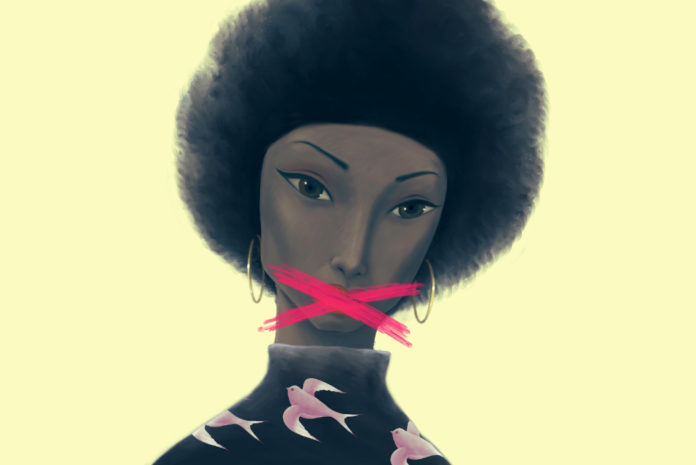Even censorships on the Meta platform are leaving Black Americans suppressed
Black Americans suppressed on social media? It should come as no surprise. Although social media platforms primarily serve as a medium for online communication, they are gradually restricting many important concerns, resulting in Black Americans suppressed by Meta. Corporate demands and public uproar determine how big tech companies respond to free speech from Black and White American consumers.
Meta, previously Facebook, has unreleased records that show how the site protects free speech from White Americans in comparison to Black Americans. Several Black users have been censored, blocked, and suppressed by Meta as a result of their efforts to resist racism. Companies have standards in place, but there are few obligations regarding hate speech policies.
Steven Walker, CEO of Spylix, a company committed to facilitating legal parental and employee monitoring services, said, “These big tech organizations only want their users to communicate without making anyone feel guilty or inadequate. If something happens like that, they have the right to deal with it in their own way.”
There was an instance where a Black user’s Facebook account was banned for posting a comment about weakness in White Americans. Facebook declared this as hate speech. On the other hand, Facebook rarely responds to reports of racial slurs, violent threats, and harassment directed at Black Americans. The system protects White Americans and leaves Black Americans suppressed by Meta.
Instagram has a “Sensitive Information Control” implementation that controls how much “sensitive” content (nudity, firearms, violence) is shown to Black users. Another instance showing Black Americans suppressed includes Los Angeles-based activist Ashlee Marie Preston. According to an NBC News story, she follows Instagram’s platform updates and saw a drop in her 400,000 follower engagements a week after the restriction was imposed.
Meta has hate speech policies in place, but it has little control over racial commentary on its platform. When it comes to race, big tech businesses will respond and behave as they see fit. Hate speech restrictions are largely under the control of internal business regulation bodies and developers. Time will tell what merits they will employ in public issues across the United States and the world. Soon enough, we hope to see that social media platforms do not leave anyone, not even Black Americans suppressed for free speech.

